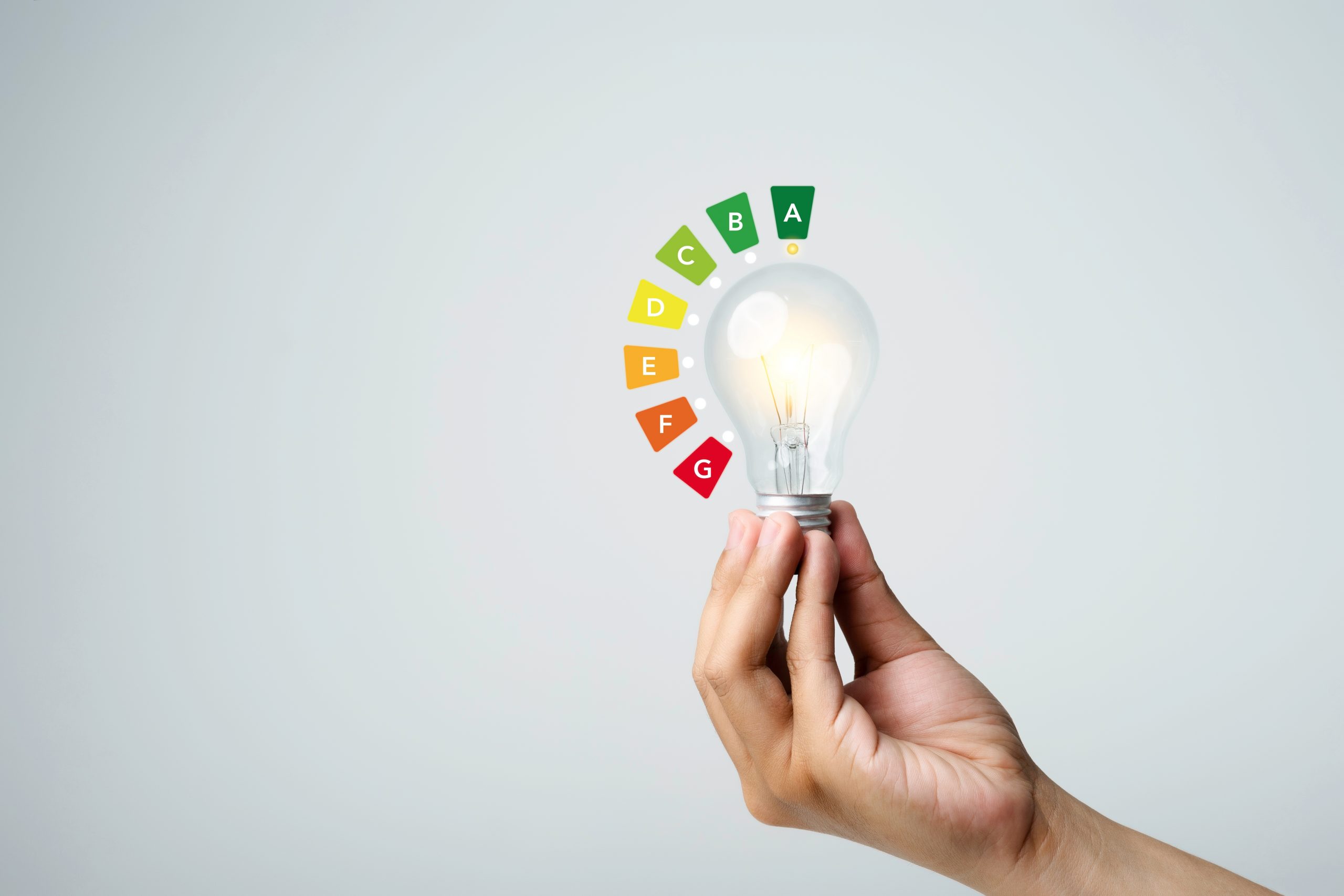Energy-efficient home improvements are becoming increasingly popular as homeowners look for ways to reduce their utility bills, minimize environmental impact, and increase the comfort of their living spaces. By making your home more energy-efficient, you not only save money but also contribute to a more sustainable future. Here are some of the top benefits of energy-efficient home improvements and tips to get started.
1. Lower Energy Bills
One of the most immediate and noticeable benefits of energy-efficient home improvements is the reduction in energy costs. Upgrading your home to be more energy-efficient means it uses less power, whether through better insulation, energy-efficient windows, or smart thermostats.
For example, installing energy-efficient windows can prevent heat loss in the winter and keep your home cooler in the summer. Replacing old, inefficient windows with double-pane or low-E glass windows can result in significant energy savings.
Tip: Start by conducting an energy audit of your home to identify areas where you may be losing energy. Many utility companies offer this service for free or at a low cost, helping you prioritize your improvements.
2. Increase Home Comfort
Energy-efficient upgrades can make your home more comfortable by reducing drafts, stabilizing indoor temperatures, and improving air quality. Adding insulation to your attic and walls ensures your home stays warm in the winter and cool in the summer, reducing the need for constant heating or air conditioning.
Sealing gaps around doors and windows with weatherstripping and caulking can also prevent drafts, which leads to a more comfortable living environment.
Tip: Pay attention to areas like the attic, crawl spaces, and basements—these are often where air leaks occur, impacting your home’s temperature control.
3. Boost Home Value
Energy-efficient home improvements can also increase the value of your home. Potential buyers are more likely to be attracted to homes with energy-saving features, as they know these upgrades will save them money in the long run. Homes with solar panels, energy-efficient appliances, or smart home systems often fetch higher resale prices than those without.
In addition, many energy-efficient improvements can make your home look more modern and up-to-date, which also appeals to buyers.
Tip: If you’re considering selling your home in the future, highlight your energy-efficient upgrades in your listing to attract environmentally-conscious buyers.
4. Reduce Your Environmental Impact
By making energy-efficient upgrades, you’re also doing your part to help the environment. Reduced energy consumption means fewer greenhouse gas emissions, which contribute to climate change. Homes that use energy more efficiently place less strain on power grids and reduce the need for fossil fuels.
Simple upgrades like switching to LED lighting, installing smart thermostats, or using Energy Star-rated appliances can reduce your home’s carbon footprint significantly.
Tip: Switching to renewable energy sources like solar power or installing a solar water heater can further reduce your environmental impact and offer long-term savings.
5. Access to Incentives and Rebates
Governments and utility companies often provide rebates, tax credits, and other financial incentives for homeowners who invest in energy-efficient home improvements. These incentives can make upgrades more affordable and speed up the return on investment.
For example, many states offer rebates for upgrading to energy-efficient HVAC systems or installing solar panels. Federal tax credits are also available for certain energy-saving projects.
Tip: Before starting any energy-efficient upgrade, research available incentives in your area. Websites like Energy.gov can provide information on national programs, and your local utility provider may offer additional incentives.
6. Longer-Lasting Systems
Energy-efficient upgrades often result in systems and appliances that last longer than their traditional counterparts. For example, LED light bulbs can last up to 25 times longer than traditional incandescent bulbs. Similarly, energy-efficient appliances are often built to higher standards, meaning fewer breakdowns and lower repair costs over time.
By investing in energy-efficient products, you’re not only saving money on energy bills but also on maintenance and replacement costs.
Tip: When upgrading appliances, always look for the Energy Star label, which indicates that the product meets strict energy-efficiency guidelines set by the U.S. Environmental Protection Agency.
